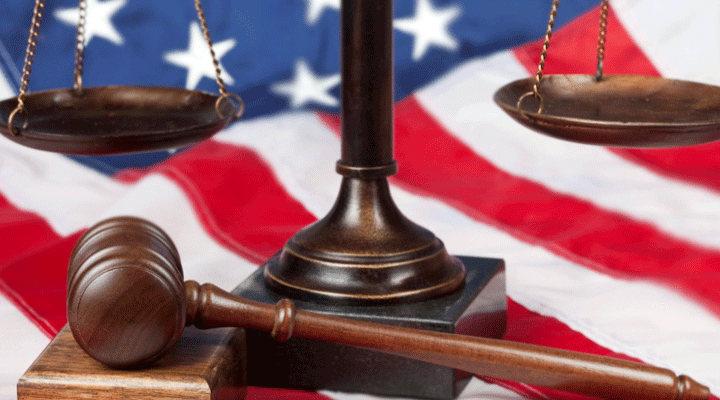The Defense Office of Hearings and Appeals (DOHA) adjudicates collateral security clearance and public trust cases for Department of Defense contractors and contractors and a litany of other federal agencies. If you’re working on a government project outside the intelligence community and you find your security-worthiness questioned, chances are good you’ll wind-up before a DOHA judge.
The good news is this: Of all the adjudicative authorities in the government, DOHA is by far the most transparent, timely, and fundamentally fair. You’ll get your proverbial day in court, and without the opaqueness, misapplication of adjudicative guidelines, or multi-year delays that plague some other agencies.
The bad news – and you knew there had to be some – is that your DOHA judge’s decision is effectively final. Although its true that governing regulations afford aggrieved applicants the right to appeal that decision to a panel, the relevant panel at DOHA – the DOHA Appeals Board – has long operated under a policy that denies applicants a trial de novo, contrary to practice at some other agencies.
In other words, if you don’t like your judge’s decision, you don’t get to re-argue your case on appeal, submit new evidence, or really do anything besides challenge the decision on procedural or other due process grounds – just like in criminal or civil court. But unlike in criminal or civil court, the DOHA Appeals Board almost never overturns a hearing judge’s decision. The likelihood of prevailing on appeal is miniscule at best.
Some critics have argued that the DOHA Appeals Board serves as a rubber stamp of the hearing judges’ decisions. I disagree with that characterization, but I do think the board has white-washed a few cases over the years that deserved a more critical eye on review. Either way, the fact remains that in today’s legal environment a DOHA appeal is not the time to begin taking your case seriously.
Don’t Wait for a DOHA Appeal
I raise this issue because on a fairly regular basis my office receives calls from panicked security clearance applicant who figured this out the hard way, when it was too late. Invariably, the individual represented himself or herself at the hearing and failed to understand the importance of presenting evidence and witnesses to corroborate defenses. Alternatively, they may have neglected to appreciate the damage that could be done on effective cross-examination by an experienced government attorney.
When I get those calls I always hate having to deliver the news that I wrote above: We can certainly review your case to see if a plausible basis for appeal exists, but you shouldn’t count on it being successful.
That’s an understandably bitter pill to swallow, but with this harsh reality in mind, the time to start taking your DOHA hearing seriously is well before you ever walk through the hearing room doors. Your career and livelihood might just well depend on it.
This article is intended as general information only and should not be construed as legal advice. Consult an attorney regarding your specific situation.




